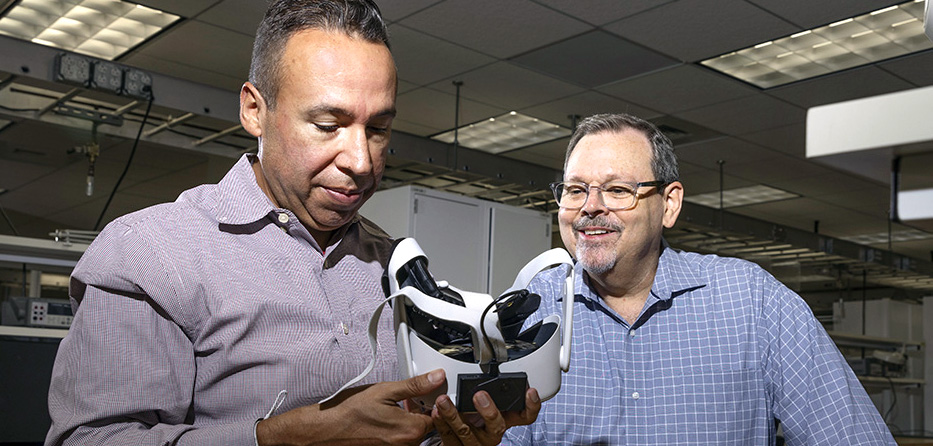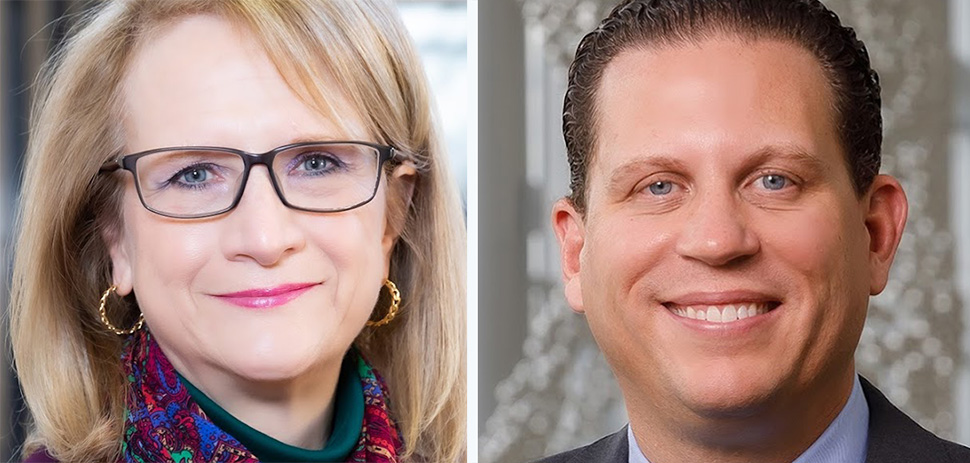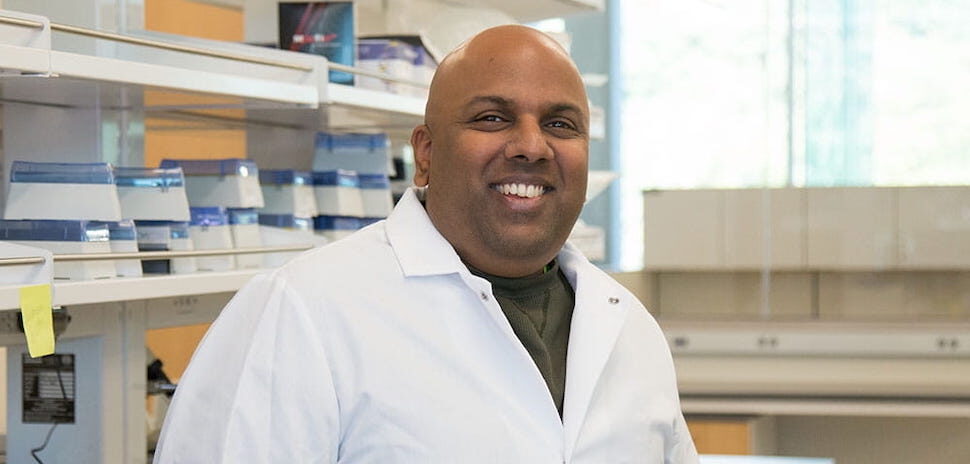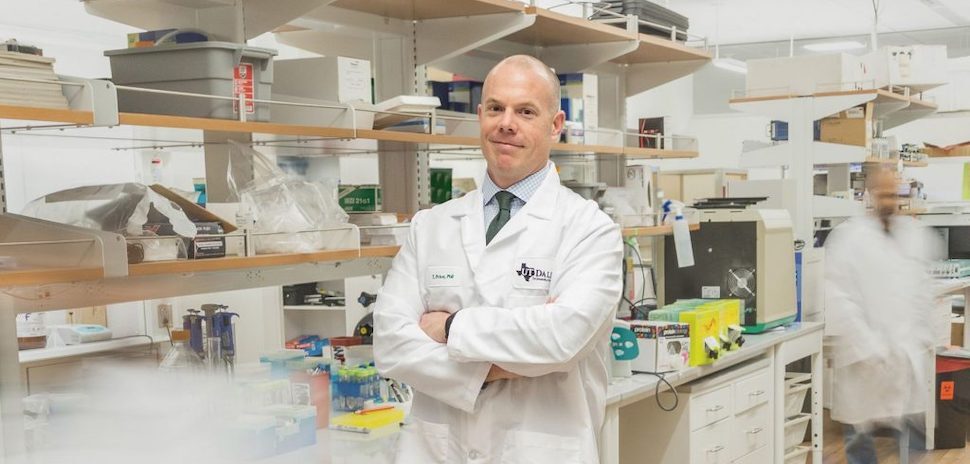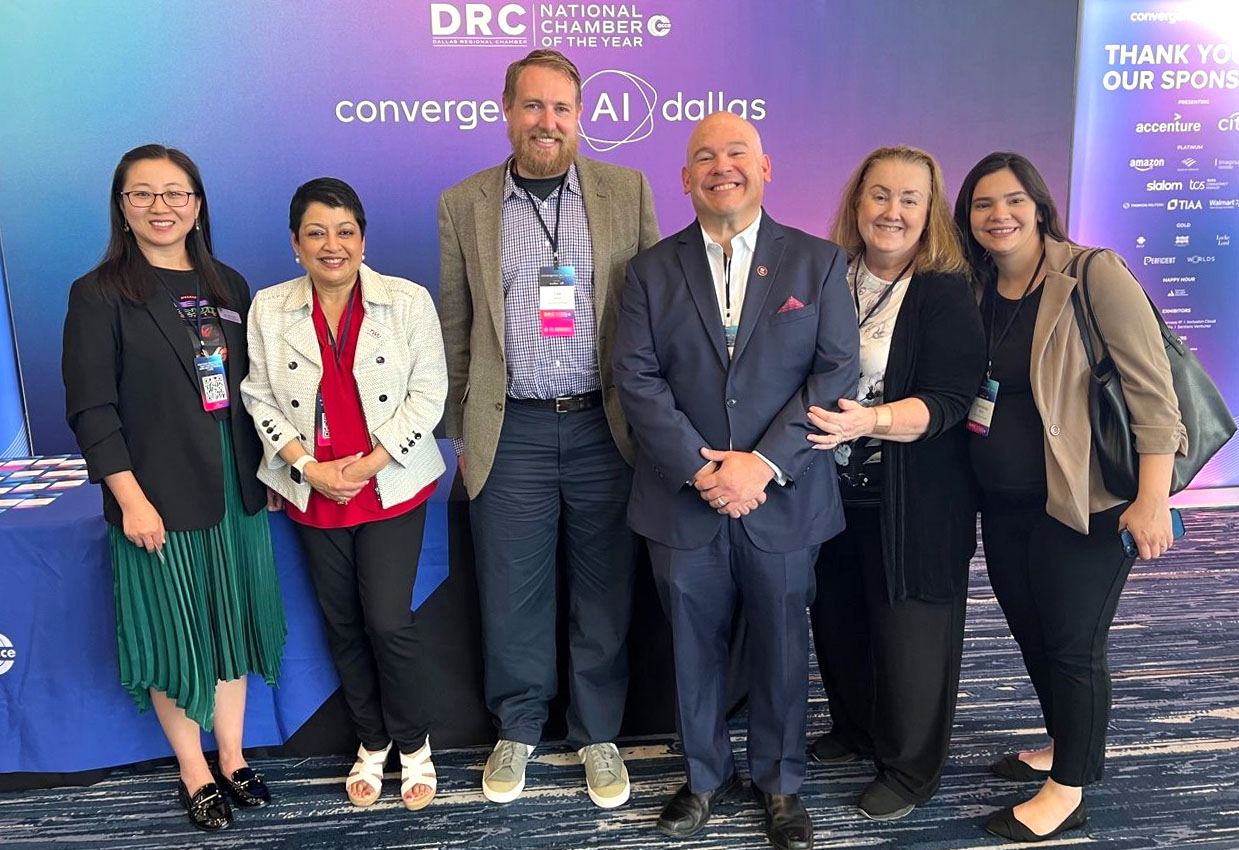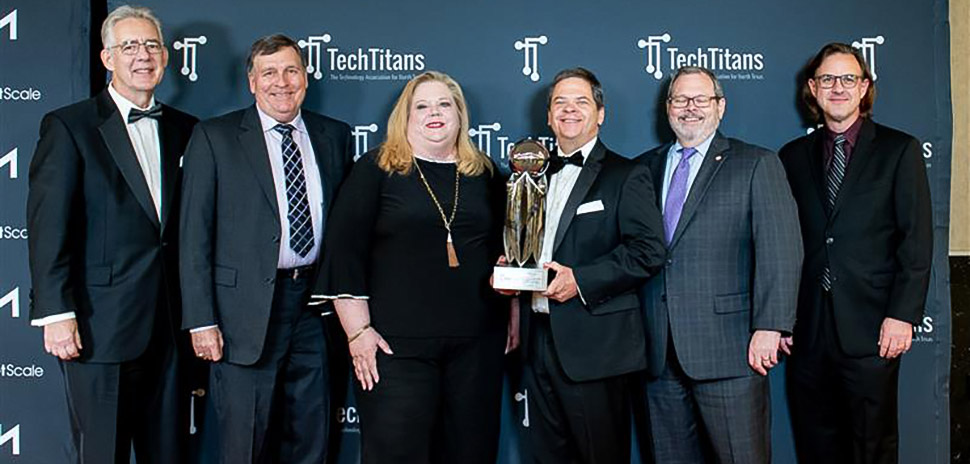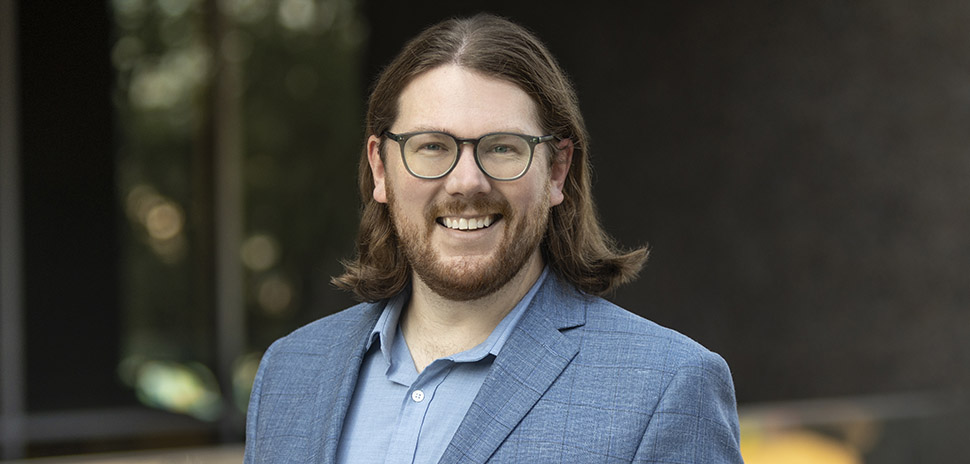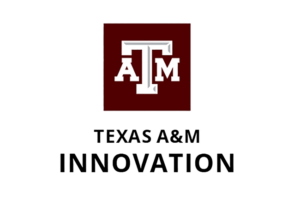Physicians sometimes face potentially violent patient encounters, but an innovative virtual reality training tool developed by UT Southwestern Medical Center’s Department of Emergency Medicine in partnership with UT Dallas might soon play a role in helping physicians recognize and respond to those emergencies.
UT Southwestern said that the training tool places physicians inside a virtual hospital examination room and presents a series of realistic patient encounters that enable them to practice proven de-escalation tactics.
The need to develop the program was prompted by the nationwide increase in threats to health care workers, UTSW said.
“The ongoing exposure to workplace violence is detrimental to the mental and physical health of healthcare workers,” Gilberto Salazar, M.D., associate professor of emergency medicine and in the School of Health Professions, said in a statement. “We owe it to ourselves as medical professionals to find better ways to address this issue. Through virtual reality, we can immerse the users in real-life situations and teach them the most effective way to respond.”
Violence in the ER on the upswing
Recent data from the Bureau of Labor Statistics show healthcare workers are five times more likely than employees in other industries to experience workplace violence that ranges from verbal abuse to physical violence, UTSW said.
Doctors and staff in emergency are more likely to experience patient aggression than their counterparts in other healthcare environments because of the stress and pain involved in many emergency room visits.
UTSW said that a 2022 survey by the American College of Emergency Physicians found that 85 percent of emergency physicians reported an increase in violent activity in their ERs in the past five years.
Two-thirds of the roughly 3,000 ER doctors surveyed said they had been assaulted in the past year.
Partnering with UT Dallas to develop VR training
Three UTSW Emergency Medicine residents – Andrew Stratton, M.D., Maria Box, M.D., and Philip Jarrett, M.D. – developed the evidence-based training curriculum, drawn from a broad range of disciplines, including emergency medicine, nursing, psychiatry, and pharmacology, UTSW said.
The curriculum included instructions on how to recognize the early signs of aggression and how to de-escalate a situation involving an aggressive person.
UTSW said that to develop the VR program, the team partnered with UT Dallas’ UTDesign Program, which pairs North Texas companies and organizations with senior UT Dallas engineering and computer science students to find solutions for engineering problems.
The goal was to design a tool that not only put the user in a hospital room, but also allowed the person to “feel” what was happening, Todd Polk, Ph.D., UTDesign Director for Bioengineering, said. That was realized by including a vest and gloves with haptic feedback, mimicking the sensation of touch, along with the VR headset, UTSW said.
“When the VR individual swings at your chest, you actually feel like you’ve been hit,” Polk said said in a statement. “You get physical feedback to go along with the virtual reality image.”
Further development
Salazar and Polk began their collaboration in 2020. The project was awarded a $10,000 Simulation Innovation Award from UT Southwestern for further development.
Since then, the project has received Institutional Review Board (IRB) approval to further study healthcare workplace violence and compare the tool’s effectiveness with other training methods.
The next version of the VR training module is being developed by Austin-based Augmented Training Systems, UTSW said. It will be used for the IRB study and potentially become a key element in training physicians and staff at UT Southwestern and elsewhere.
![]()
Get on the list.
Dallas Innovates, every day.
Sign up to keep your eye on what’s new and next in Dallas-Fort Worth, every day.










